



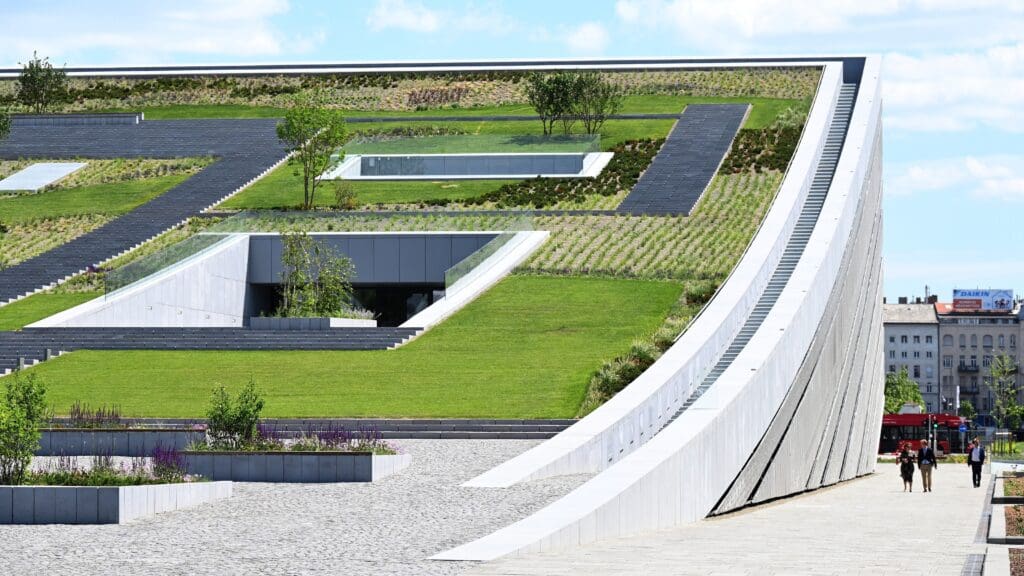
The Museum of Ethnography in Budapest has won three Red Dot Awards in the Brands & Communication Design category, honoring its permanent collection exhibition, multimedia solutions, and the catalouge of the ZOOM exhibition.
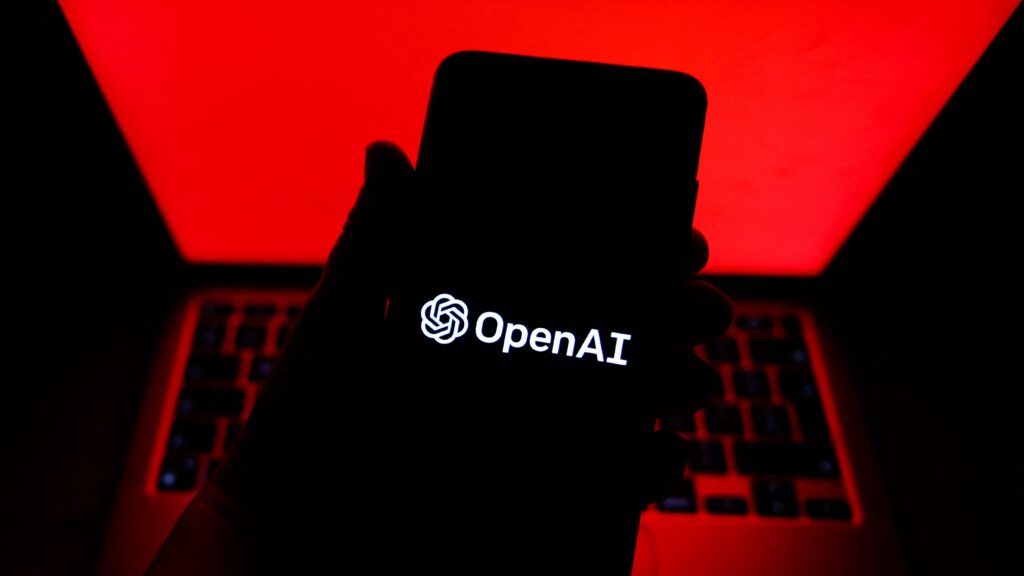
Hungary’s AI commissioner László Palkovics says artificial intelligence is unlikely to become self-aware under its current structure and stresses that Hungary has all the key components needed to develop sector-specific AI systems powered by local data.
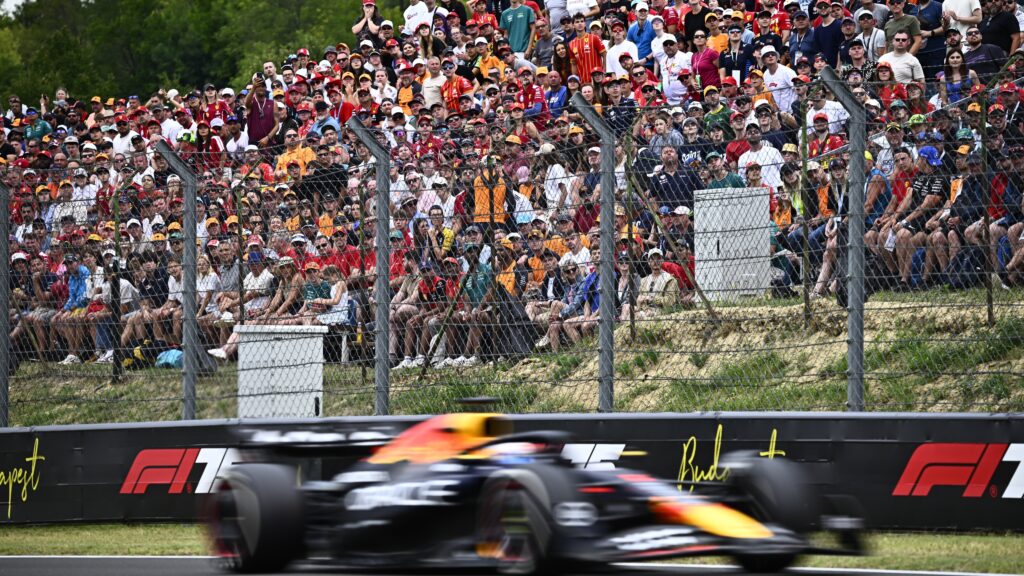
Budapest hotels reached over 86 per cent occupancy during the 40th Hungarian Grand Prix weekend, hosting nearly 100,000 guests, mostly from abroad, as Formula 1 boosted tourism and accommodation demand across the capital and nearby towns.
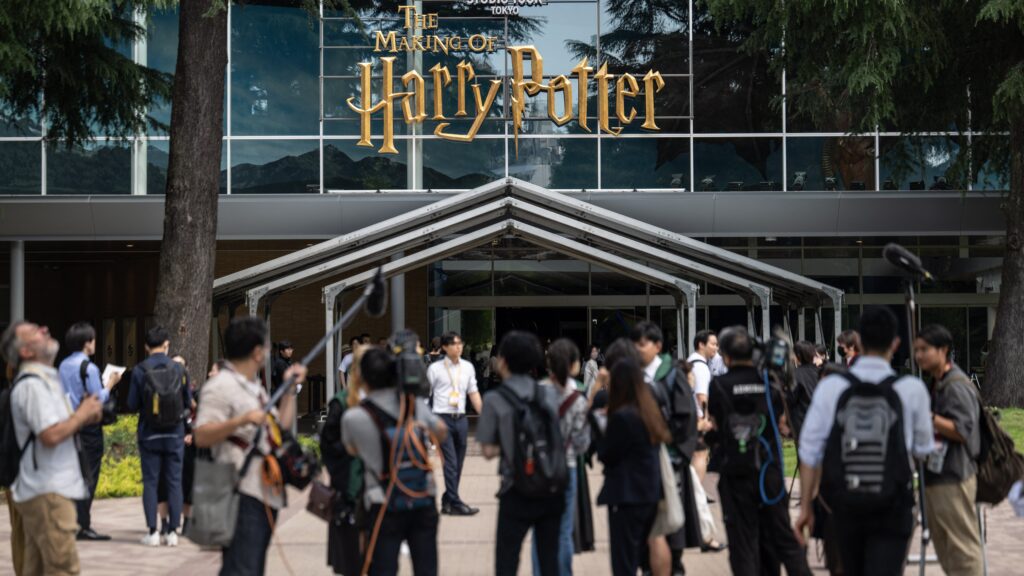
Budapest moviegoers will have one last chance to see all eight Harry Potter films on the big screen in restored 4K before they are pulled from cinemas due to the upcoming TV remake, with screenings running from 7 August to 1 October.
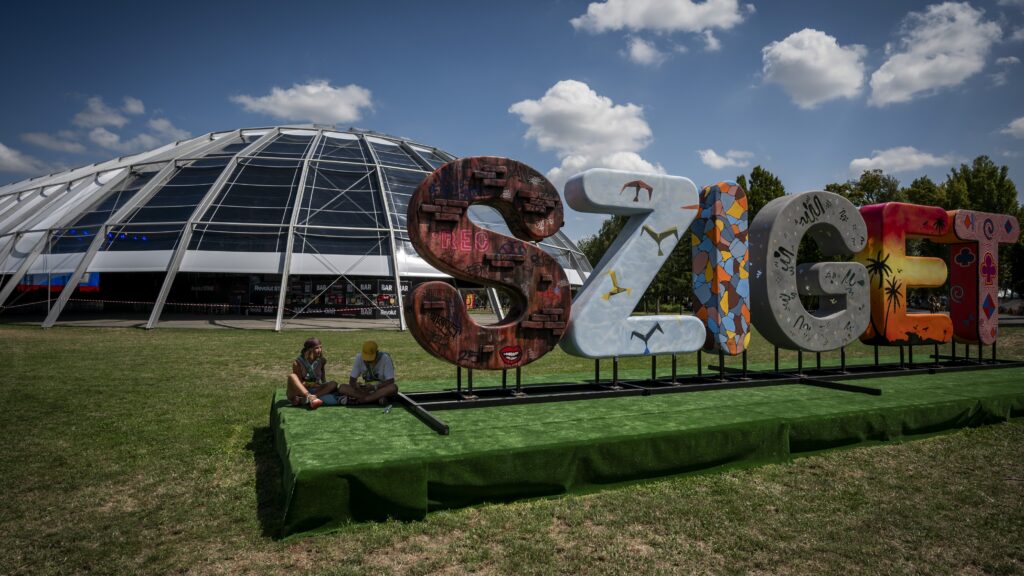
The 31st Sziget Festival kicks off with higher ticket sales than last year, more Hungarian visitors, and headliners like Charli XCX, Shawn Mendes, and Post Malone. Organizers promise a refreshed layout and hundreds of performances from around the world.

Students from Bodrogkeresztúr’s Eötvös József Primary School claimed first place in their category at the prestigious 2024/2025 FIRST LEGO League world final in Hong Kong, surpassing more than 6,000 teams from around the globe.

A new study by Hungary’s National Media and Infocommunications Authority shows that Hungarian youth rarely give their smartphones a break, with daily usage patterns tied to gender, age, location, and mental wellbeing, revealing sharp contrasts between younger and older users’ habits.

Hungary’s Agriculture Ministry has announced the establishment of the Forestry Climate Adaptation Forum, tasked with developing a national forestry climate adaptation strategy and an action plan for the Great Hungarian Plain to counter the impacts of climate change.

The Metropolitan Ervin Szabó Library is marking the 75th anniversary of Budapest’s second unification with a virtual exhibition, showcasing documents, maps, and photos that tell the story of the districts annexed to the capital in 1950.
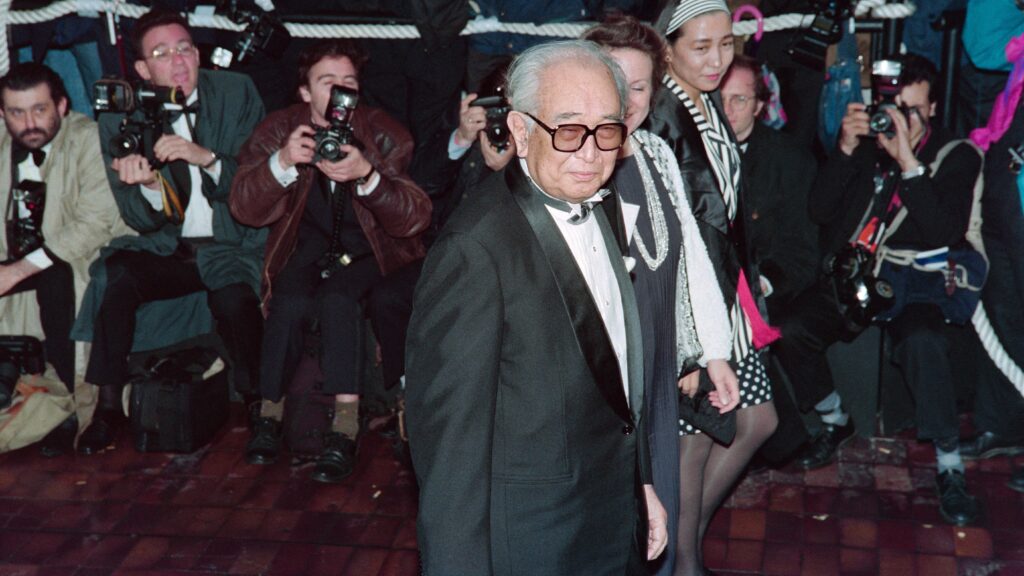
Budapest’s Art+ Cinema will host a week-long Akira Kurosawa retrospective from 14–20 August, showcasing some of the legendary Japanese director’s most acclaimed films, from Ran and Seven Samurai to Dreams and Dersu Uzala.
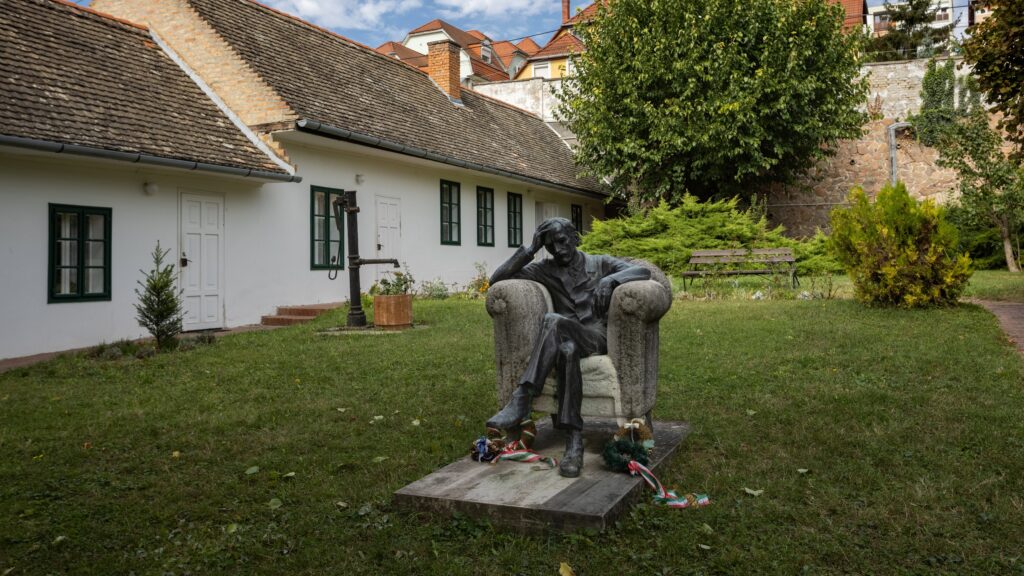
To mark the 142nd anniversary of Mihály Babits’s birth, the National Széchényi Library has made his early manuscripts available online, offering scholars and readers access to rare documents from one of Hungary’s greatest literary figures.
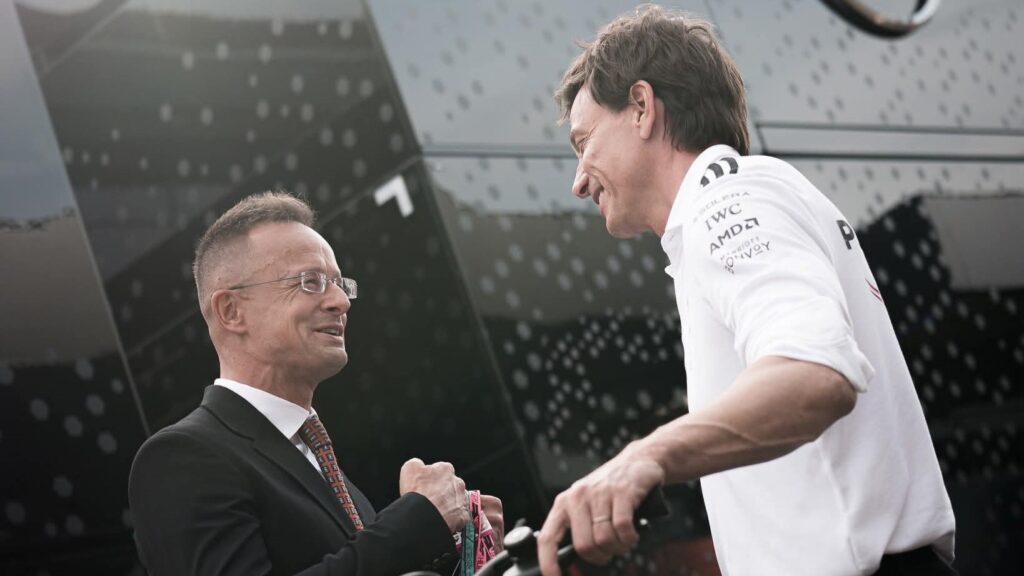
Mercedes will establish Hungary’s largest car factory in Kecskemét, with production of next-generation models starting early next year. The investment secures Hungary a strategic position in Europe’s automotive and battery manufacturing scene.

Lando Norris claimed victory at the 40th Hungarian Grand Prix with a daring one-stop strategy, despite early doubts. McLaren teammate Oscar Piastri and Mercedes driver George Russell completed the podium on a race day full of surprises.

Budapest Central European Fashion Week kicks off on 1 September, showcasing nearly 100 designers from seven countries. This year, fresh graduates from Hungarian design universities also debut, marking a milestone for next-gen fashion in the region.

In a radio interview, Prime Minister Viktor Orbán criticized EU leadership over a failed trade deal with the US and introduced major housing and family support measures aimed at protecting Hungary’s middle class and boosting the economy.
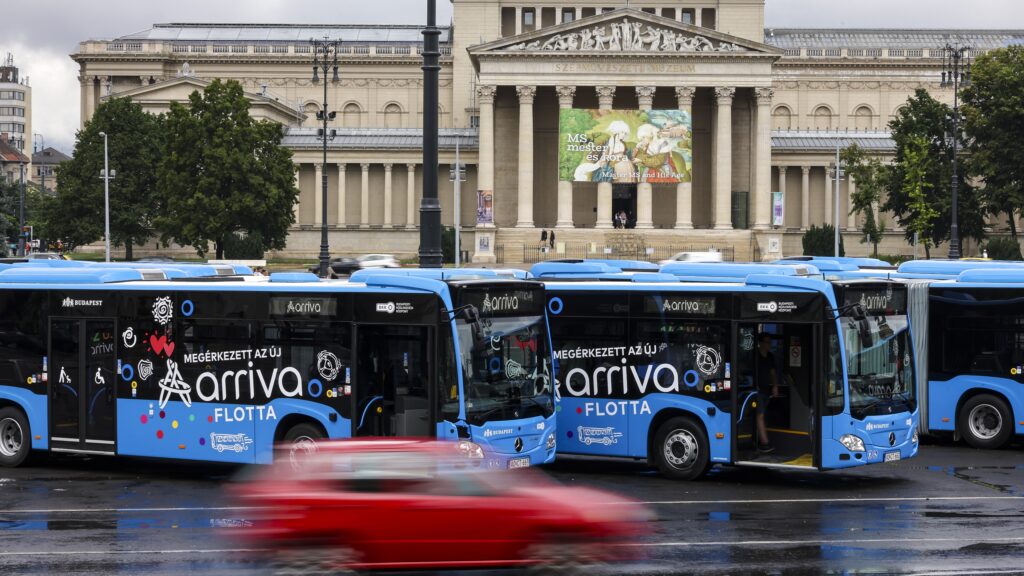
New Mercedes Citaro diesel buses began operating in Budapest on Thursday as part of a broader transport upgrade. More than 300 modern vehicles will be added by 2027, with electric buses also set to arrive in the coming years.

Hungary has assumed command of NATO’s Baltic Air Policing mission for the fourth time, deploying four Gripen fighter jets to safeguard the skies over Estonia, Latvia, and Lithuania, reaffirming its role as a committed and reliable NATO ally.
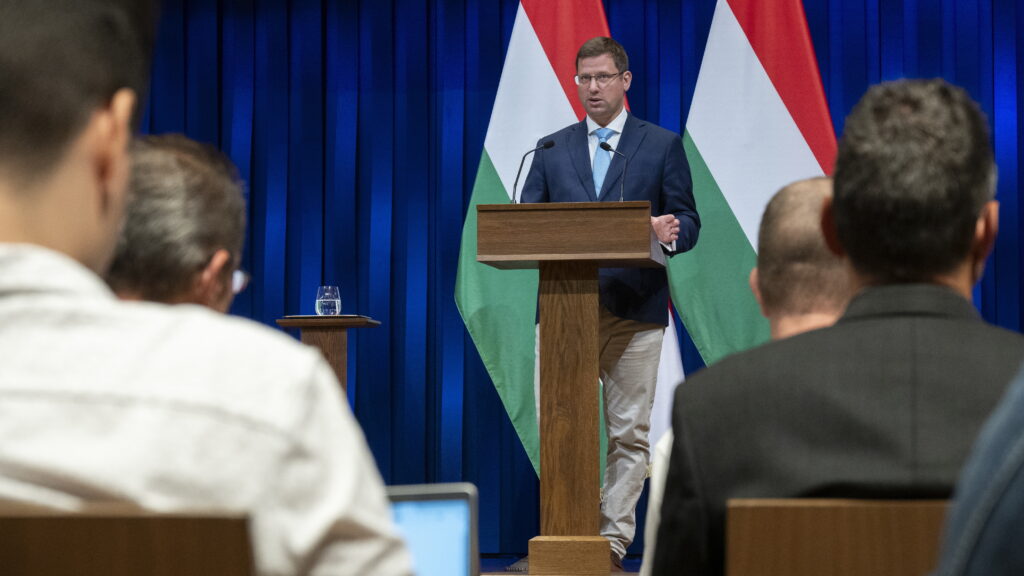
Hungary’s government finalized the terms of its 3 per cent home loan programme, expanding eligibility and introducing new support for public servants, while also criticizing an EU–US trade deal and reaffirming its stance on national sovereignty.

Hungary’s top mobile providers increased EU roaming data limits and revamped subscription packages in early 2025, while agreeing not to raise prices in line with inflation, thanks to a government-backed deal, according to NMHH’s latest report.
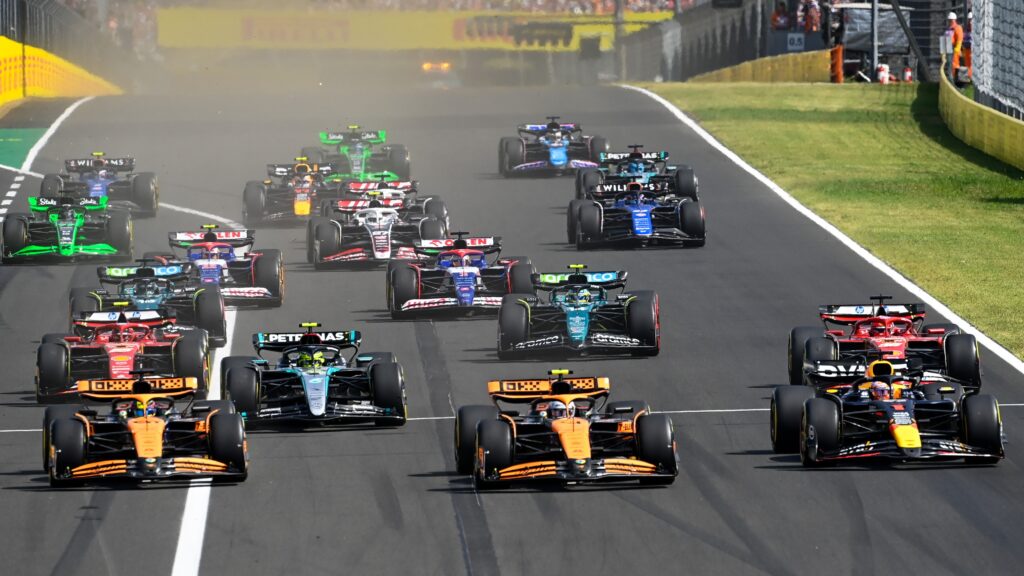
This weekend marks the 40th Formula 1 Hungarian Grand Prix at a revamped Hungaroring. With McLaren dominating the season, Budapest is bracing for a high-stakes race that blends history, modern upgrades, and the sport’s fiercest rivalries.
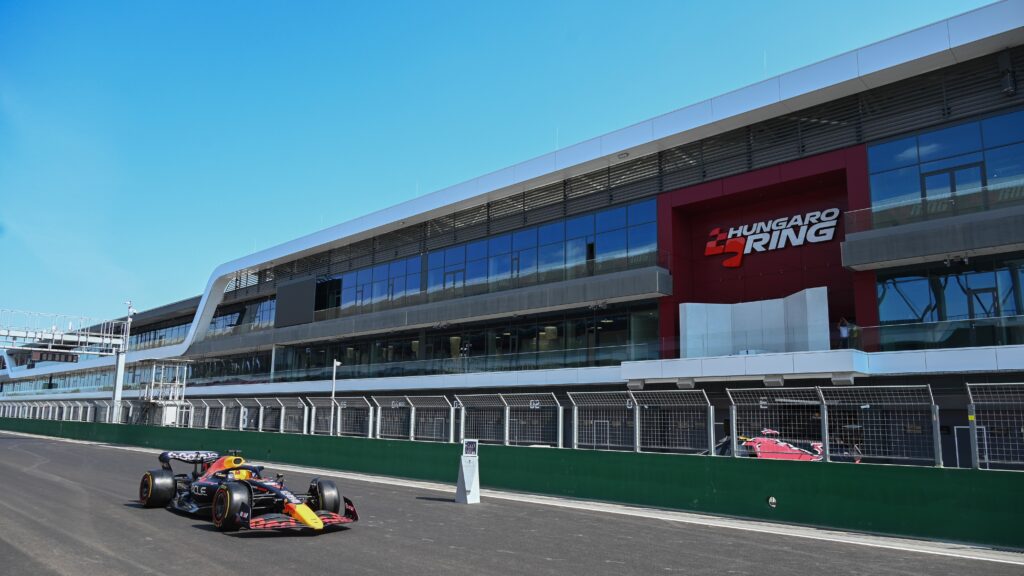
Formula 1 CEO Stefano Domenicali praised Hungary for setting a global example with the renovation of the Hungaroring, calling the government’s investment and commitment a model for others during an exclusive interview ahead of the 40th Hungarian Grand Prix.

Hungarian wineries continue to enhance their global reputation through dedication, innovation, and tradition. The Ministry of Agriculture awarded St Andrea Winery the prestigious Winery of the Year title for its long-standing excellence and family-driven legacy.
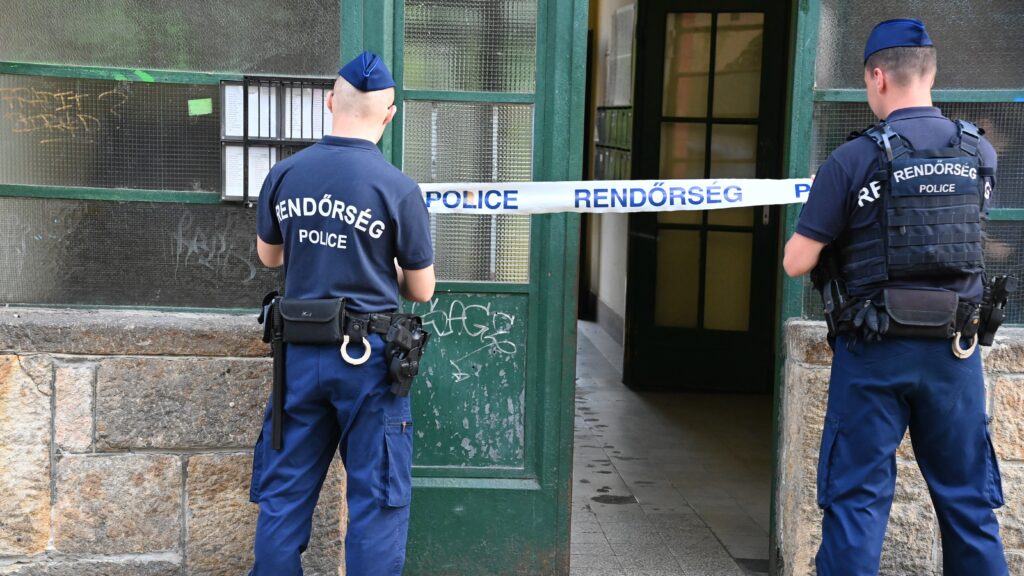
Hungarian police have dismantled a Budapest-based drug trafficking ring, arresting five suspects, including a teen who recently turned 18. Over 100 officers took part in the 21 July raid across multiple locations, seizing drugs, cash, and weapons.
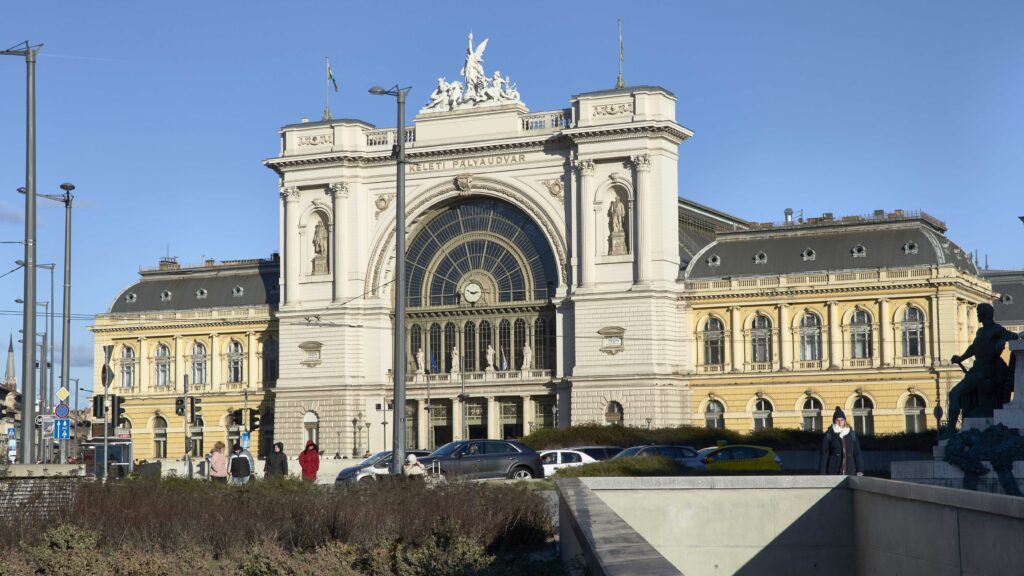
Train services at Budapest’s Keleti Railway Station will be suspended from 25 August to 20 September for a major renovation project. The month-long closure will involve rerouted services, replacement buses, and extended travel times.
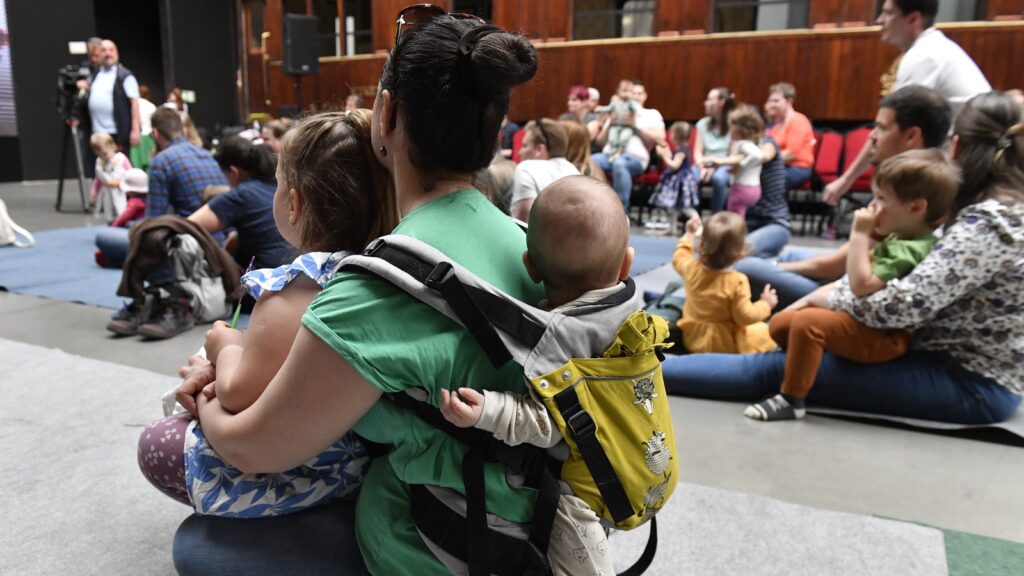
Despite recent media speculation, the Hungarian government has confirmed that mothers raising four or more children will continue to receive full income tax exemption, with no changes to eligibility or scope, the Ministry for National Economy announced Monday.

The University of Szeged has signed a cooperation agreement with ContiTech’s Hungarian branches to launch joint research and innovation projects, strengthen educational ties, and promote industry-academia collaboration.
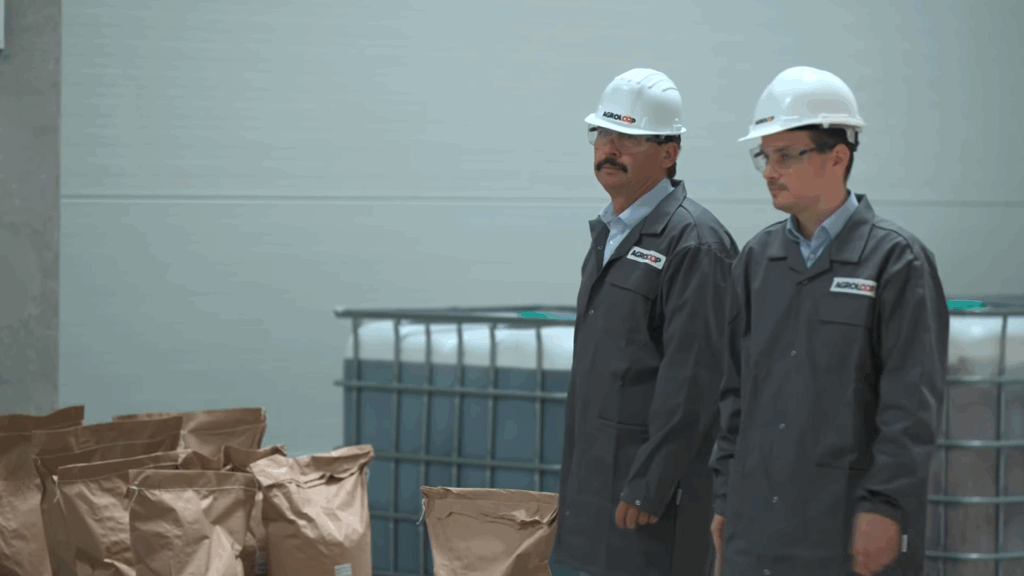
Former President János Áder advocates for using food waste as biogas or insect feed to fight environmental damage and improve sustainability in Europe’s food supply. Hungarian firm Agroloop’s insect protein technology may offer a scalable solution.

Hungarian Prime Minister Viktor Orbán appeared as the first guest of a new political podcast, sharing insights on digital activism, the youth vote, internal polling, the EU, and migration, declaring the internet a battleground that must not be surrendered.

Xbox has reversed its decision to price The Outer Worlds 2 at 80 dollars, announcing the game will instead retail for 70 dollars. The change follows backlash from fans and marks a pause in the growing trend of higher prices for AAA video game titles.
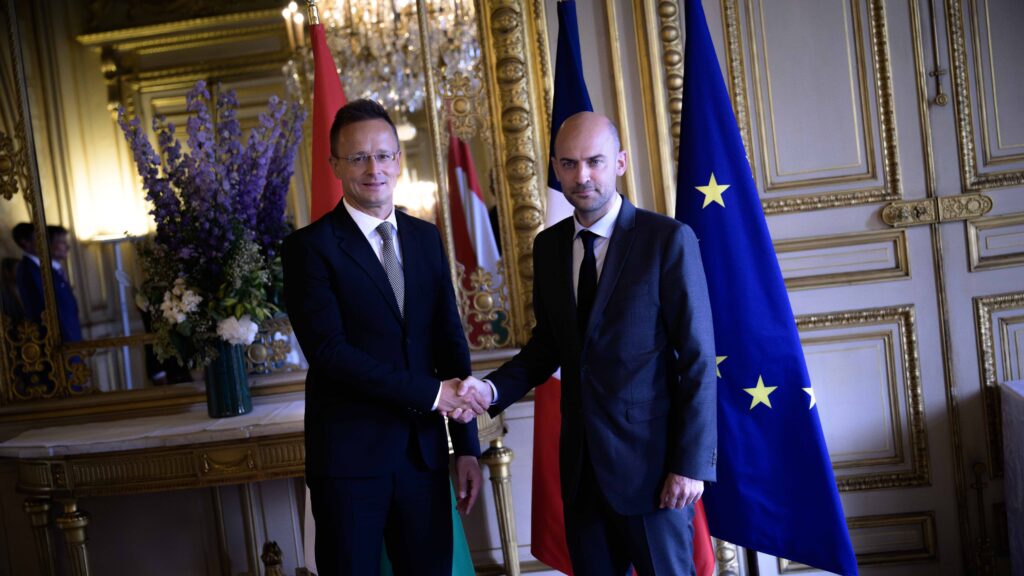
Hungary and France are expanding their cooperation across nuclear energy, defence, and agricultural policy, with strong alignment on national sovereignty and opposition to EU budget plans that would reduce support for European farmers.